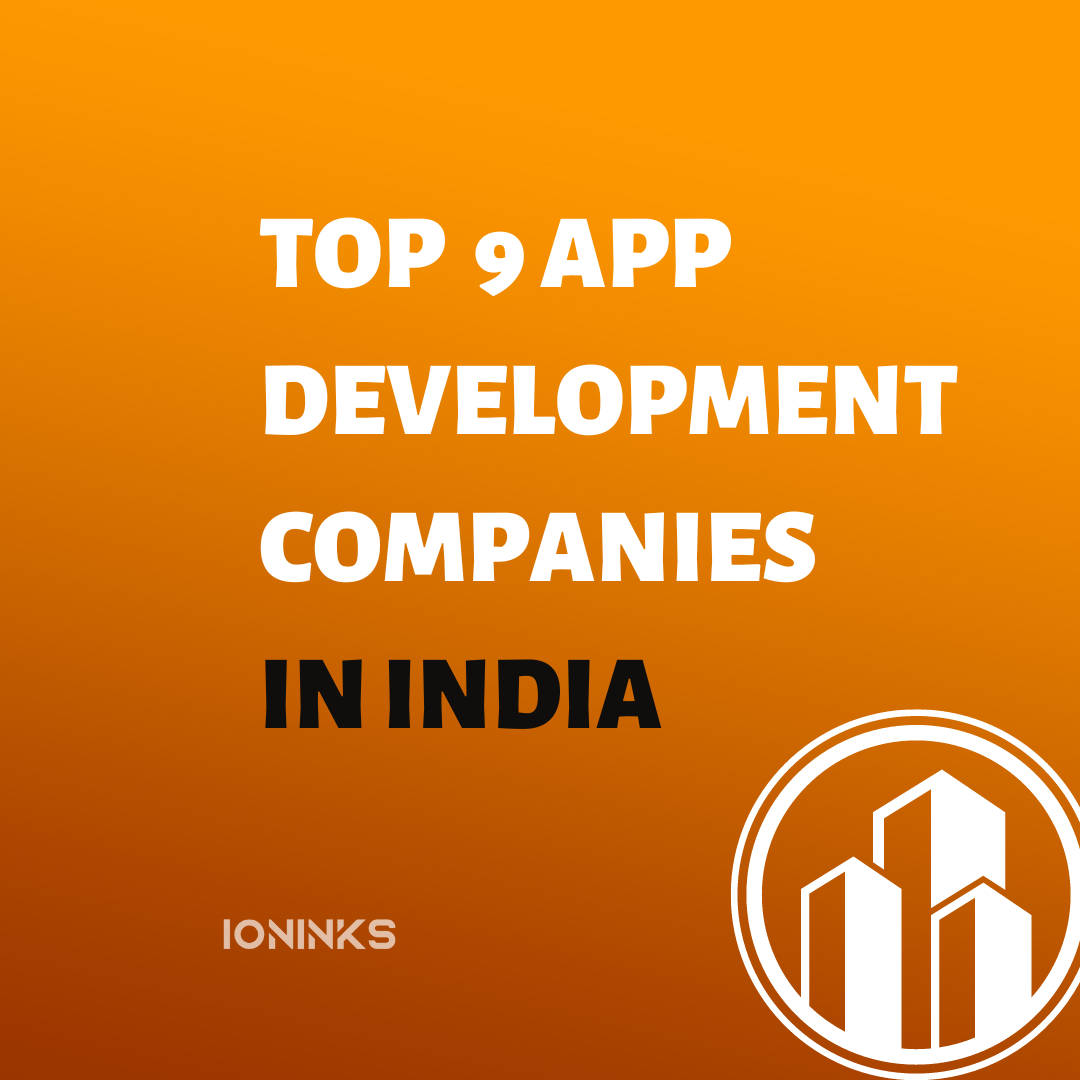Top 7 Fintech companies in India
- Ion Sravan
- August 4, 2022
- Uncategorized
- 0 Comments
Top 7 Fintech companies in India
FinTech is gradually transforming the fabric of the banking industry, with many institutions increasingly adopting digitalization, as well as automated and cashless operations. To those who are unfamiliar with the word, FinTech refers to developing digital technology that attempts to streamline and accelerate the distribution and the use of banking and finance.
FinTech is an abbreviation for “financial technology.” FinTech was developed to denote the technology employed in the rear processes of recognized financial institutions. It now encompasses a wide range of domains and businesses, spanning academia, commercial finance, charity financing, financial advisory, and even more. FinTech, or financial technology, assists organisations, entrepreneurs, and individuals in managing their financial activities and transactions with specialised software and algorithms. Because of the pandemic, the role of fintech in everyday life has grown more crucial than ever. Let us now look at the growth and usage of Fintech in India.
India and the FinTech Companies
India has clearly surfaced as being one among the fastest growing FinTech hotspots in the world. In India, seamless loans, mobile financial services, online transaction platforms, digital payments, and other innovations are widely in use.
There has been a substantial development of electronic methods of transaction in India, rendering essential financial services at the convenience of users. A variety of reasons have boosted the development and emergence of India’s FinTech ecosystem, such as the increasing prevalence of smartphones, improved internet service, and strong connectivity.
India’s financial system has experienced significant advances in current times, notably with the implementation of novel payment systems and platforms like the Immediate Payments Service (IMPS), Unified Payments Interface (UPI), Bharat Interface for Money (BHIM), and many others. The country’s “Make in India” & “Digital India” initiatives also had an important impact in increasing Fintech development. It is admirable that now the Reserve Bank of India (RBI) has encouraged the expanding usage of online transactions in order to achieve a completely seamless economy.
With the introduction of ground-breaking portals such as PayTM, PhonePe, MobiKwik, and others, online transaction mechanisms have unquestionably become the standard keepers of the Indian FinTech market. Having said that let us now look at the top 7 Fintech Companies in India:
1. Cashfree Payments
Cashfree Payments is a banking and payment solution provider located in Bangalore that was founded in 2015. It offers a full payments system that assists organisations in collecting & transferring funds, encompassing bill collecting, supplier distributions, salary payments, credit discharges, e-commerce reimbursements, insurance claims processing, expenditure reimbursements, affinity and incentives transfers.
Cashfree Payments offers services to approximately 100,000 merchants yearly, such as Cred, Zomato, Xiaomi, and Tencent, processing $20 billion in transactions. The corporation operates in eight countries, including the United States, Canada, as well as the United Arab Emirates (UAE).
After receiving substantial backing from the State Bank of India, Cashfree Payments was estimated at Usd 200 million. The revenues will be used to expand the firm’s transaction network and to spend on the expansion of the company.
2. CredAvenue
CredAvenue, situated in Chennai, was founded in 2017 and is a major online financing expert. The firm runs five important channels designed to meet the needs for both debtors and creditors: CredLoan is a business financing channel; CredCoLend is a co-lending collaborative transaction system for both banks and non-banking financial companies (NBFCs); Plutus is a bond granting and investor tool for corporate and retail participants; CredSCF is a distribution network channel; and CredPool is an end-to-end securitization and portfolio buyouts platform. CredAvenue has processed $9 billion in payments and interacted with over 1,500 institutional debtors, 750 financiers, and 1 million end retail borrowers.
3. GetVantage
GetVantage, GetVantage, situated in Mumbai, was established in 2019 as a financing platform that offers capital resources to digital-first firms such as e-commerce business owners.
GetVantage evaluates and forecasts a business’s potential economic success using an unique machine learning (ML)-based financial judgement engine and a transaction managing software, and then provides a term sheet dependent on its results. According to its portal, funding ticket quantities can just go up to US$500,000. Till date, the firm has backed over 100 entrepreneurs, including businesses from the e-commerce and direct-to-consumer (D2C) industries.
4. Hyperface
Hyperface, established in 2021 and located in Bengaluru, is indeed the creator of a credit platform aimed to streamline credit card issuing for financial and e-commerce companies. The company is providing personalised software development kits (SDKs) and application programming interface (APIs) to clients to enable them to layout credit card programmes and handle the complete user experience, from know-your-customer (KYC) necessities to rewards programs, allowing enterprises to release credit card programmes in a couple of weeks.
Hyperface collected US$1.3 million in October 2021, which it plans to use to develop its software implementation, create card programmes, and expand its recruiting and operations.
5. Mahila Money
Mahila Money is the mobile financial branch of Sheroes, a women-only social media network established in Delhi. Mahila Money provides women and female micro-entrepreneurs with startup loans and other financial services. The funding package varies from US$135 to US$2,693, there is no securities or co-guarantor required, and the process of application is totally online
Since its inception last year, Mahila Money has expanded to a population of over 150,000 women and formed alliances with financial institutions and NFBCs such as Transcorp, Visa, My Shubh Life, Avail Finance, and Shivalik Bank.
6. Multipl
Multipl, which was launched in 2020 and is located in Bengaluru, offers an app that lets consumers invest their money in mutual funds and other stocks and bonds for future expenses.
Multipl also collaborates with lifestyle businesses to give clients exceptional deals on travels, jewellery, bikes, home furnishings, career classes, gadgets, and other items. Furthermore, it features a reward system to pay clients with so-called Mbits as rewards when they meet savings targets, that could be cashed from over 200 businesses such as Amazon, Myntra, Jio-Saavn and more.
The app has far more than 10,000 users and who have set financial goals totaling more than US$3.3 million.
7. Onsurity
Onsurity, a healthtech institution established in 2020, provides monthly, complete employee healthcare to start – ups and small (SMEs), micro-businesses, and other emerging corporations.
TeamSure plans from Onsurity feature advantages such as group insurance, reductions on prescription purchases and health assessment, wellness incentives, medical teleconsultation, and more. Membership plans are available to freelancers, trainees, and advisors in addition to full-time workers.
According to the company, it serves over 1,000 SMEs, startups, and rising enterprises.
What the Future Holds For FinTech in India
Notwithstanding its great diversity and population, a large chunk of India stays unbanked, neglected, and susceptible to a continuously shifting civil framework. And it is for these circumstances that the country’s economic position and unresolved difficulties are difficult to surmount. That’s where Fintech comes into play, with the capacity and capability to radically modify and restructure India’s finance and banking sector.
India is now on a journey of a great FinTech revolution caused by several criteria including an enterprise launch community, a favourable segment, increased smartphone and internet connectivity levels, a favorable demographic with an average age in the twenties, and administration promoting the economy. All of these reasons point to a growth trajectory for FinTech and create a significant opportunity for expansion, with the nation pushing ahead for widespread implementation.
Related Posts

- Ion Sravan
- April 27, 2023
What are the best mobile application development tools?
What are the best mobile application development tools? Mobile application development is a com ..

- Ion Sravan
- May 19, 2023
The Challenges of App Development in Smaller Cities like Vijayanagaram and How to Overcome Them
The Challenges of App Development in Smaller Cities like Vijayanagaram and How to Overcome Them ..



